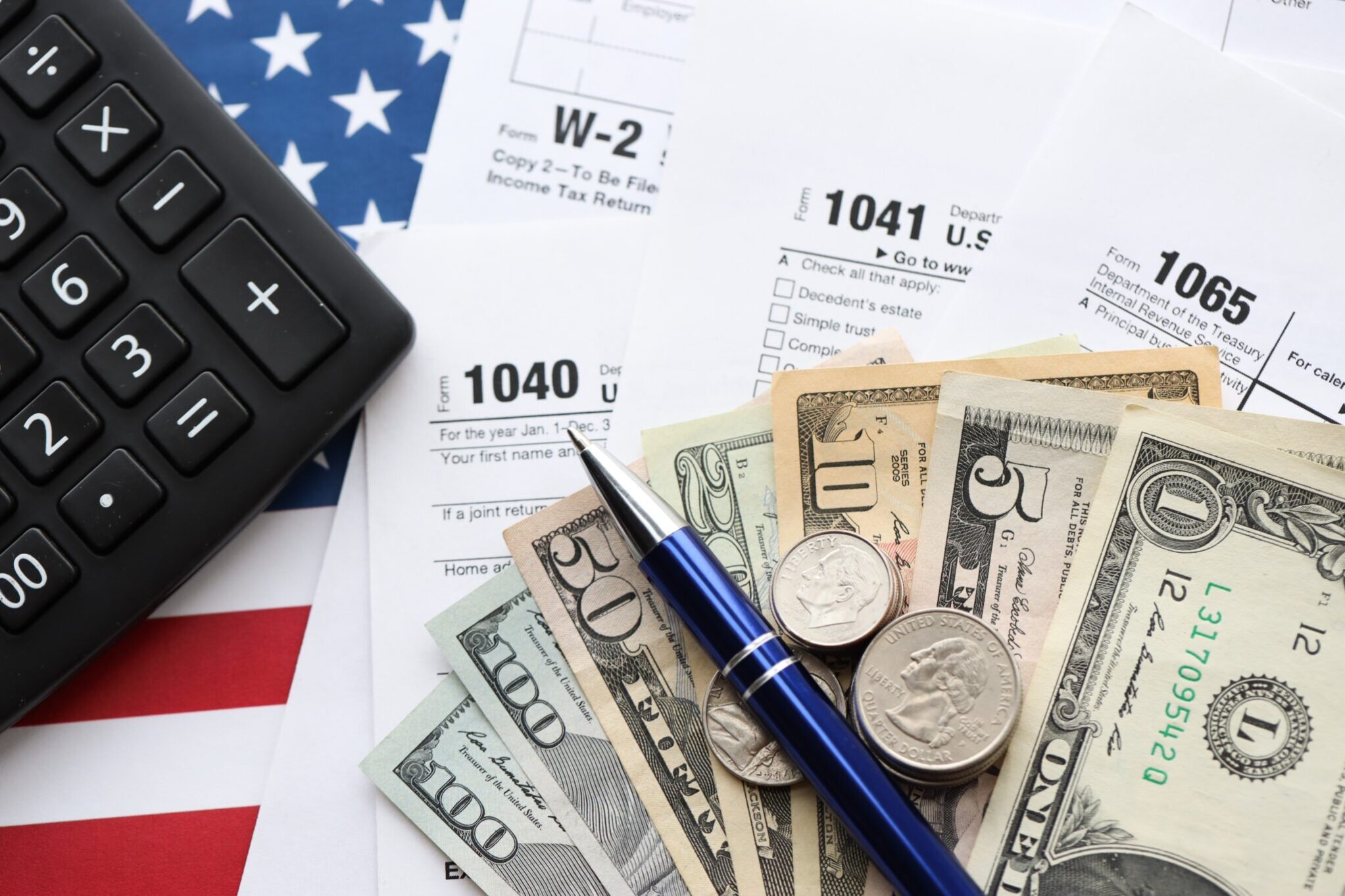
The Internal Revenue Service (IRS) has notified more than 30,000 businesses throughout the country they are being penalized for not complying with the employer mandate in the Affordable Care Act (ACA).
Non-compliance can range from intentionally not offering health insurance to eligible employees to minor mistakes in paperwork.
The ACA includes a requirement that companies which employ 50 or more full-time equivalent employees offer health insurance to their employees or pay a penalty. That provision is referred to as the “employer mandate.”
The Congressional Budget Office predicted that these fines would total $12 billion in 2018.
The employer mandate was initially supposed to go into effect in 2014. However, the Obama Administration delayed the implementation for one year to give the government time to determine how to impose the mandate.
In January of 2017, President Trump issued an executive order that required the federal government from enforcing the employer mandate as much as legally possible.
As noted in the December 1, 2017 Week In Review, the US Treasury Department issued a statement that noted “Treasury lawyers see no ground for the Secretary to direct the IRS to not collect the tax” required by the Affordable Care Act’s “employer mandate.”
The ACA also included a provision referred to as the “individual mandate” which required individuals to purchase health insurance.
In December of 2017, the individual mandate was repealed as part of the tax reform bill. Although that action had no effect on the employer mandate which remained in force, many erroneously believed that all mandates under the ACA, or the ACA in its entirety, had been repealed.






